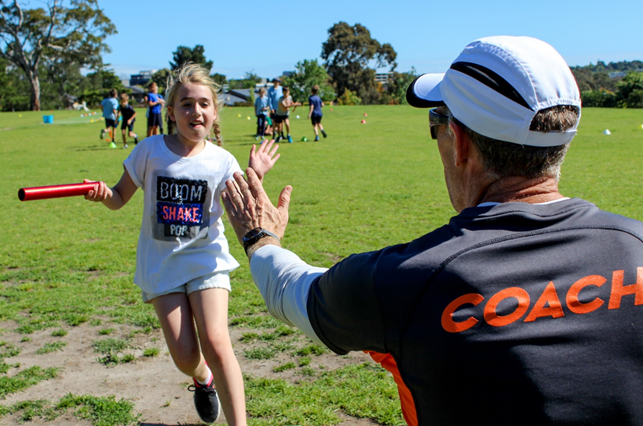I am a weekend warrior. One of the many adults who finds joy in running and a great sense of achievement in reaching personal fitness goals through my regular pavement pounding.
Sometimes I go to the local parkrun and sometimes I enter fun runs. I have even ticked a half marathon and marathon off my bucket list. But mostly I just plod around my neighbourhood a few times a week, and religiously record every step on Runkeeper for no one to look at other than myself, with one too many running selfies appearing in my Insta feed. Did it even happen if you don’t track it / post about it?

This will not surprise anyone who knows me. I was always the “sporty kid” at school and in my element on house athletics and cross country days.
However what surprises me is the number of “non-sporty” school friends that I run into nowadays who are avid runners. They excitedly tell me (the runner) about their latest fun run, marathon, etc., as we cross paths at the local shops, work functions or on the sidelines at our kid’s weekend sport.
The irony is not lost on me, sporty-Sam, that many of those who avoided sport at all costs at school are now fitter and faster than me and way more caught up in the running bug.
Why didn’t these people show an interest in sport and fitness at school?
One major reason might be the way in which kids first experience sport, and specifically athletics. It generally comes with a heavy hand and a heavy competition focus – it is often compulsory to participate in house athletics and cross country carnivals and graded races, points on the line and progression to division, regional, state, national championships tends to be the focus.
This is an environment in which a few kids thrive and most don’t, as has been written about in this recent article, “Schools warned compulsory sports carnival participation can put children off exercise for life.”
Why do we send young kids in to compete in their first foray into sport during primary school years?
We don’t give preppies a Harry Potter book to read before they have learnt their ABCs, yet somehow it’s okay to throw kids straight into races at the school sports carnival or their first day at Little Aths?
It’s not just athletics… most junior sports consist of competition, ladders, finals, progressions to higher grades or “junior elite” leagues. Rep basketball anyone?!
The kids who develop earlier or the kids who do well in a competitive environment early flourish, and those who don’t, well… they just don’t continue. Until maybe later in life when they find a different avenue to participation, like those school friends of mine who discovered running for fun as adults.
So how do we create the sporting environment where all kids can thrive and enjoy their participation right from the start?
We think Aussie Aths hits the mark in this regard, with a broad appeal to kids of all abilities and aspirations. It’s much less about objectively measurable outcomes of a competition (place, time, distance/height) and much more about the learning derived from participation and competition, plus ongoing development of foundation skills and physical literacy. We’re not diving into Harry Potter; we’re starting with the ABCs of movement – agility, balance, coordination and speed, to help kids in all sports (athletics, footy, netball, hockey, etc.), and in their general fitness and wellbeing.
Aussie Aths offers age-appropriate skill progressions in a fun, game-based environment. It focuses on individual progress and development in small coach/participant ratios, ensuring we deliver a positive experience to all participants, no matter their starting point or aspirations. Enjoyment and engagement are essential elements of the experience.
Our goal is to help kids develop an intrinsic enjoyment of being active with their first foray into athletics, so they can all be sporty kids from the start.

